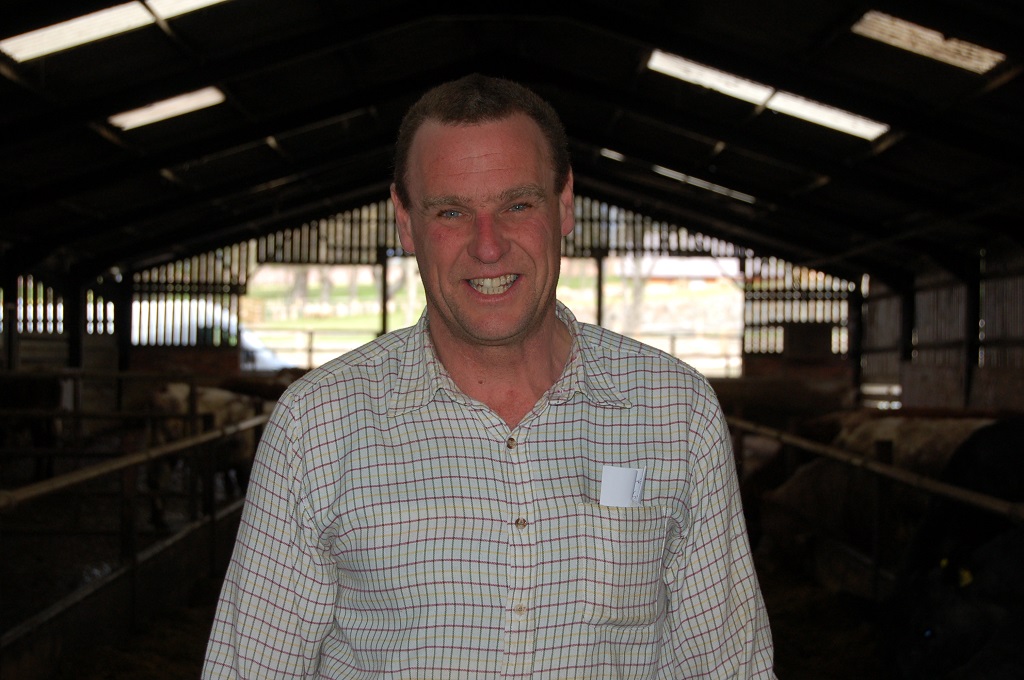
Organic farm status delights Prince Charles
A second section of Dumfries House estate is to be certified as organic in January.
This is another major element being realised, as part of The Prince of Wales’s vision for the East Ayrshire site he saved for the nation 11 years ago.
The Kauffman Education Gardens, where thousands of school children each year learn about the skills involved in cultivating and cooking vegetables, was declared organic in January, and Home Farm, a quarter-of-a-mile away on the 2000-acre property, is set to follow suit in the new year.
The Soil Association certified the education garden earlier this year, while The Scottish Organic Producers Association are set to certify organic status on the commercial farm, with plans to market organic lamb in September 2019 and organic beef from summer 2020. Breeds on Home Farm include Cheviot and Border Leicester sheep and Beef Shorthorn and Whitebred Shorthorn cattle.
John Rowell, farm manager, said: ‘I’m passionate about organic. The Prince is well-known for believing in the benefits of organic farming and organic food, so it wasn’t a surprise when we learned he wanted Home Farm to go in that direction.
‘As an organic farm, you can’t use any artificial fertilisers or pesticides, and we are making better use of manure. The farmland contains more clover and improved soil. Animals typically take a little longer to get fat from grass, which means keeping them longer.
‘To me, organic means a whole lot of things. The overuse of anthelmintic drugs on some conventional farms is a concern: there is a place for antibiotics, but not to the point where animals, and humans who eat meat, are becoming immune to the benefits of medicine.

John Rowell, farm manager at Dumfries House
‘As an organic farm, you can still use certain medicines to maintain the animal’s welfare, and that has to come first.”
‘Education is important, but it’s also about a change of mindset. Here, The Prince’s vision for the way forward rubs off on you. I feel a big responsibility to oversee our aim for Home Farm to become organic and think it would be quite an achievement to do so.’
Chris Jones, education gardener at Dumfries House, was key to gaining organic status for the Kauffman Education Garden.
She said: ‘Organic growing focuses on creating a healthy living soil. Organic farms have a more diverse range of microbes living in the soil, and use uncultivated areas as immune systems – this helps the crops to thrive without the expense of artificial fertilisers.
‘Organic farming has the highest standards of animal welfare, reduces our exposure to pesticides, supports more wildlife, and offsets greenhouse gases.
‘It takes around a hundred years for just one centimetre of topsoil to form, and it’s estimated that we’re losing the equivalent of 30 football pitches of fertile soil every minute.
‘Along with the more diverse range of microbes living in the soil, the fertility is maintained and built naturally using crop rotation, compost and clover, and this helps reduce reliance on brought in materials.
‘Having an organic certificate is a way of ensuring that people know exactly how we grow our produce at an education garden and Home Farm. Ultimately, if you follow the organic standards and best practice, when you finish with your garden or farm, you should leave it in better condition for future generations.’
TAGS

